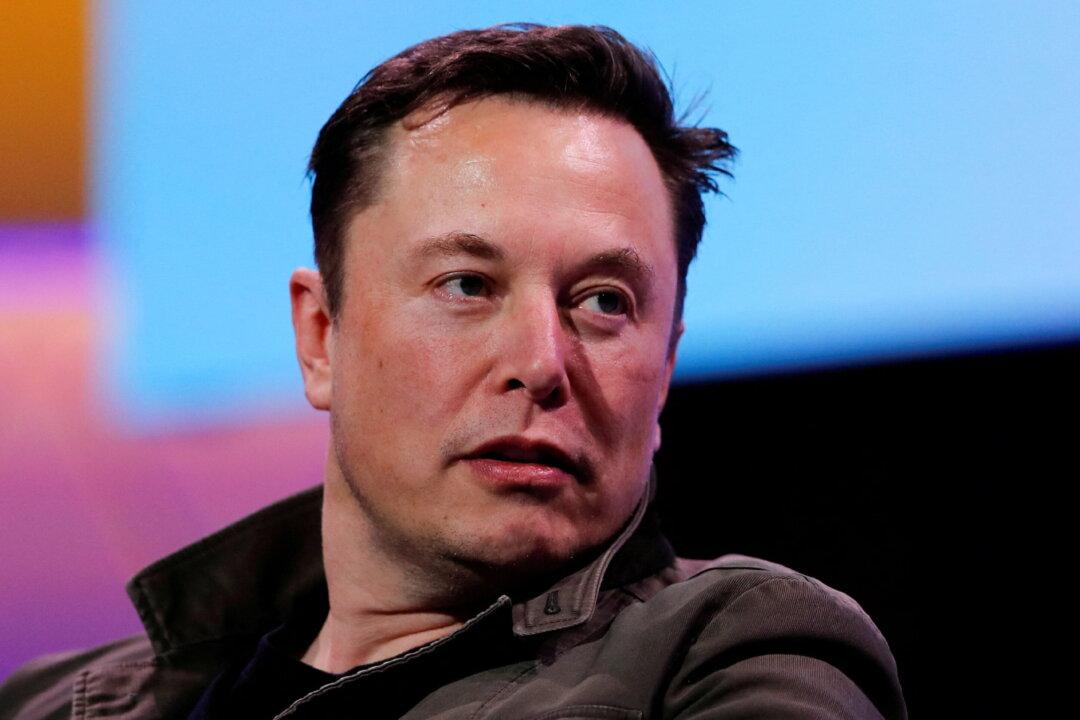Tesla CEO Elon Musk says he expects a recession in the United States to last around 18 months, although he anticipates it will be “relatively mild.”
Musk made the comments at the electric vehicle makers’ annual shareholder meeting on Aug. 4.

Tesla CEO Elon Musk says he expects a recession in the United States to last around 18 months, although he anticipates it will be “relatively mild.”